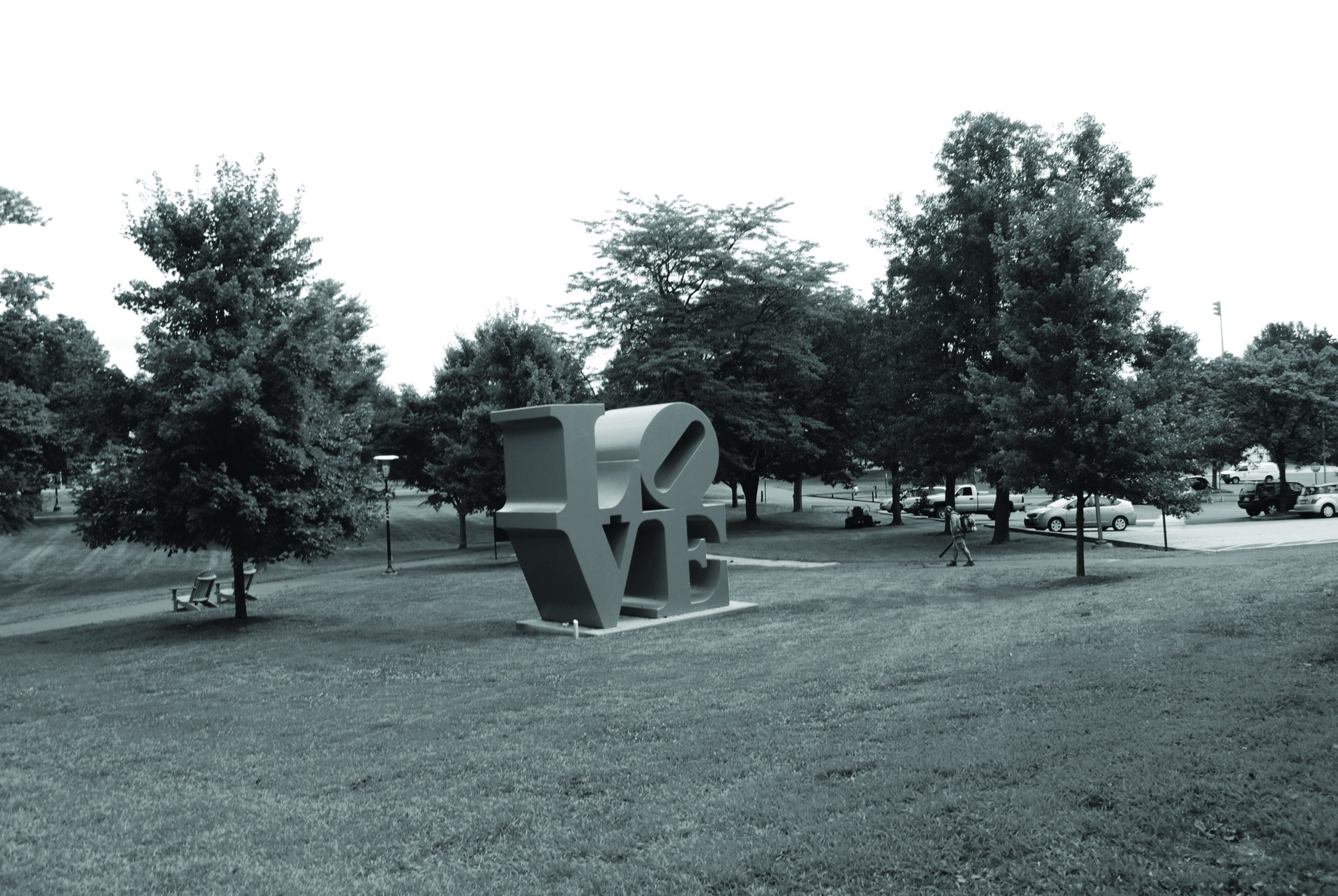
Jen Joseph
jejoseph@ursinus.edu
A few weeks ago, on MLK day, I sat down with a group of invested teachers, deans, and other staff to discuss the importance of Martin Luther King in the modern era. In particular, we discussed whether Martin Luther King Jr’s principle of nonviolent social activism is still relevant today.
It was important for members of the community to clarify a few of MLK’s less well-understood, disregarded points while developing an answer to this bigger question. For example, while nearly everyone is taught the “I Have A Dream” speech as a kid, most schools focus on the lesson of valuing equality and dreaming of a better world. What is often forgotten, however, is how King thought that world should be achieved: through an end to police brutality.
To quote King: “We can never be satisfied as long as the Negro is the victim to the unspeakable horrors of police brutality.” Even to this day, this message is seen as controversial. For example, many signs in our neighborhood of Collegeville read “We Support Our Police”- something that sends the message to black students of Ursinus that, even in an expensive private college, they are still not safe.
In addition, King was also a proponent of demilitarization. In a less well-recognized speech of his, the Riverside Church Speech, King calls for “the end to all bombing in North and South Vietnam… [to] declare a unilateral ceasefire… [and for America to] set a date that we will remove all foreign troops from Vietnam in accordance with the 1954 Geneva Agreement.” King’s Vietnam stance was unpopular among many of his peers as well as those in positions of power, most notably President Lyndon Johnson (LBJ), with whom he had once been on friendly terms.
Despite Johnson’s promise to provide funds to poor blacks in America, those funds were (and arguably still are) being diverted for the war effort. By calling out LBJ on his support of an unjust war, King sacrificed his own safety, and was assassinated a year later. Now, even as the FBI gives statements in support of a fallen hero, they neglect to remind the American people of their own involvement in his fall.
MLK’s face, his brand, and his words are used thoughtlessly, and few actually consider the things King stood for. Nonviolence is far more radical a stance than many consider it to be. How can the US today praise a man who, if most would take more than a cursory look at his views, they might find too progressive?
We have not achieved King’s Beloved Community. Indeed, we are not even close, as it seems more and more that Americans promote their own interests over those of the world. But this month, I think we at Ursinus should take a good long look at our words, and see if our actions measure up to them.
